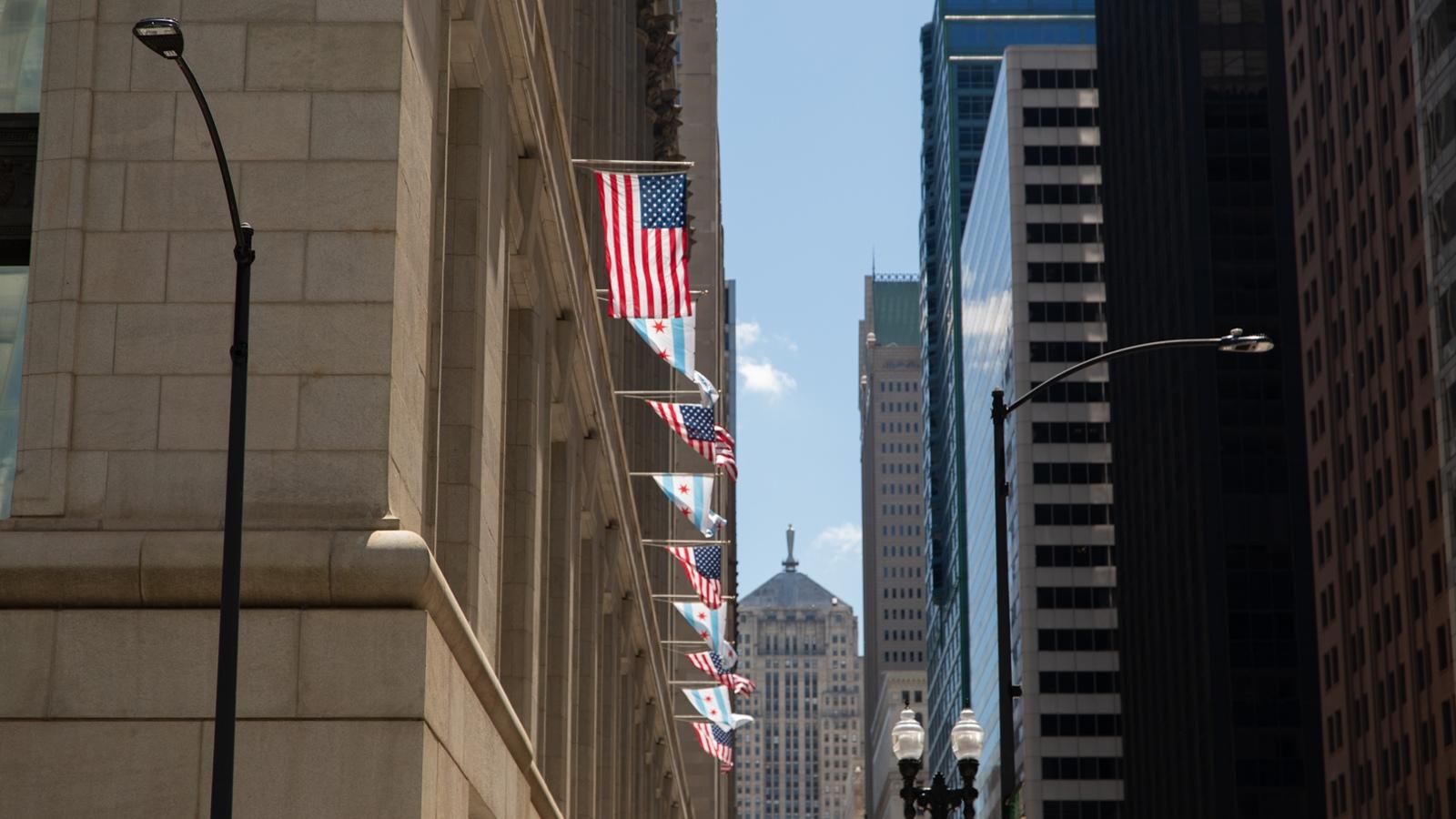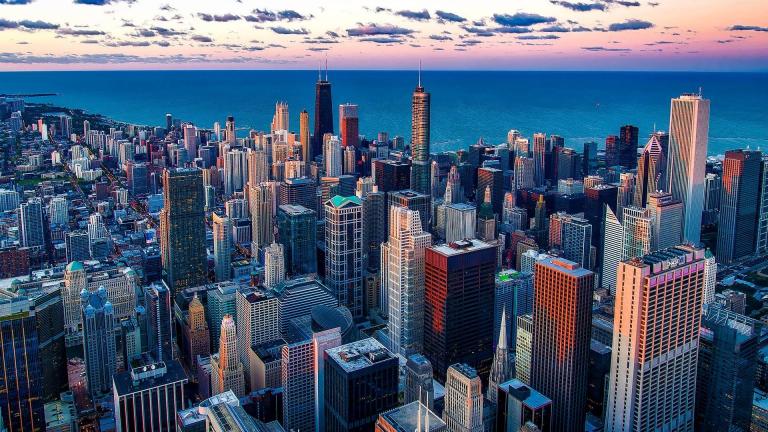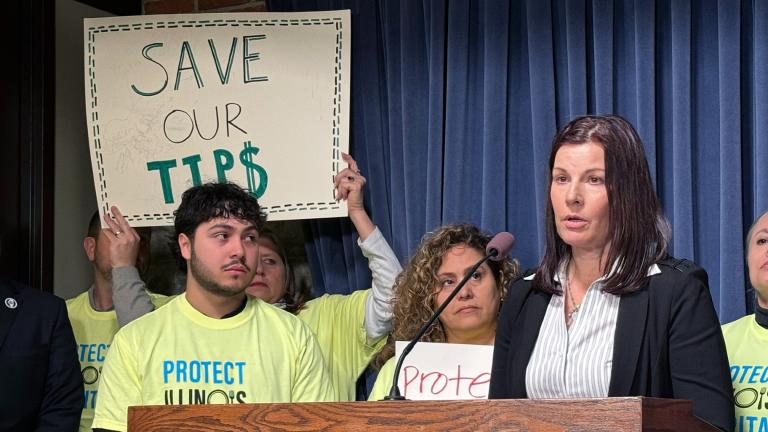 Chicago City Hall. (Michael Izquierdo / WTTW News)
Chicago City Hall. (Michael Izquierdo / WTTW News)
The Chicago City Council voted unanimously Wednesday to delay the implementation of a new law until July 1 that will ensure most Chicago workers get at least 10 days of paid time off every year.
The City Council voted 36-12 Nov. 9 to approve the original measure, which had been set to take effect Dec. 31. The law will ensure all Chicago workers get five days of sick time and five days of paid time off annually.
The delay means that Illinois workers outside Chicago will have more flexibility to take paid time off than those in the city. Starting Jan. 1, a measure signed into law by Gov. J.B. Pritzker will require employers statewide to give their workers at least one hour of paid leave for every 40 hours worked. That will entitle employees to five days of paid time off every year, for any reason, according to the law.
Until the new ordinance takes effect, Chicago employees will earn one hour of paid sick leave, not paid time off, for every 40 hours they work, or at least five days every year.
The revised ordinance also protects employers from being sued by their workers until July 1, 2025, in an effort to give businesses a chance to implement the new rules without facing costly litigation. Between July 1, 2025, and July 1, 2026, employers will have 16 days to correct an alleged violation of the law before a private lawsuit can be filed.
The revised measure also clarifies that it applies to those who work at least 80 hours in a 120-day period.
The measure’s approval was a major victory for Mayor Brandon Johnson, who championed the original proposal, which called for workers to get 15 days off for any reason. The measure was revised several times during negotiations with a coalition of business groups, which still objects to the ordinance.
The changes approved Wednesday “fails to adequately protect employers from the compounding effect these policies have on businesses that are already struggling to make ends meet,” according to a statement from the coalition led by the Chicagoland Chamber of Commerce.
The proposal is at the core of the labor agenda for Johnson, a former organizer for the Chicago Teachers Union, who was elected with the unanimous support of Chicago’s progressive labor organizations.
After the Nov. 9 vote, Johnson said the measure was a reflection of Chicago’s values, and evidence of his commitment to helping the city’s working people. The ordinance will have the biggest impact in Chicago’s Black and Latino communities, and ensure they have protections long enjoyed by wealthier Chicagoans, Johnson said.
“It is going to help us grow into a more prosperous and thriving city,” Johnson said.
Businesses with fewer than 50 employees will not have to compensate employees for unused paid leave if they exit that position, while businesses that employ 50 or more people but fewer than 100 people will be required to compensate employees for as many as two days of paid leave if they leave the position starting in January 2025.
Once the law takes effect, violations could trigger fines of at least $1,000 and no more than $3,000.
In other action, the City Council voted unanimously to approve a measure that would require city officials to track not just hate crimes but “hate incidents.”
Contact Heather Cherone: @HeatherCherone | (773) 569-1863 | [email protected]








